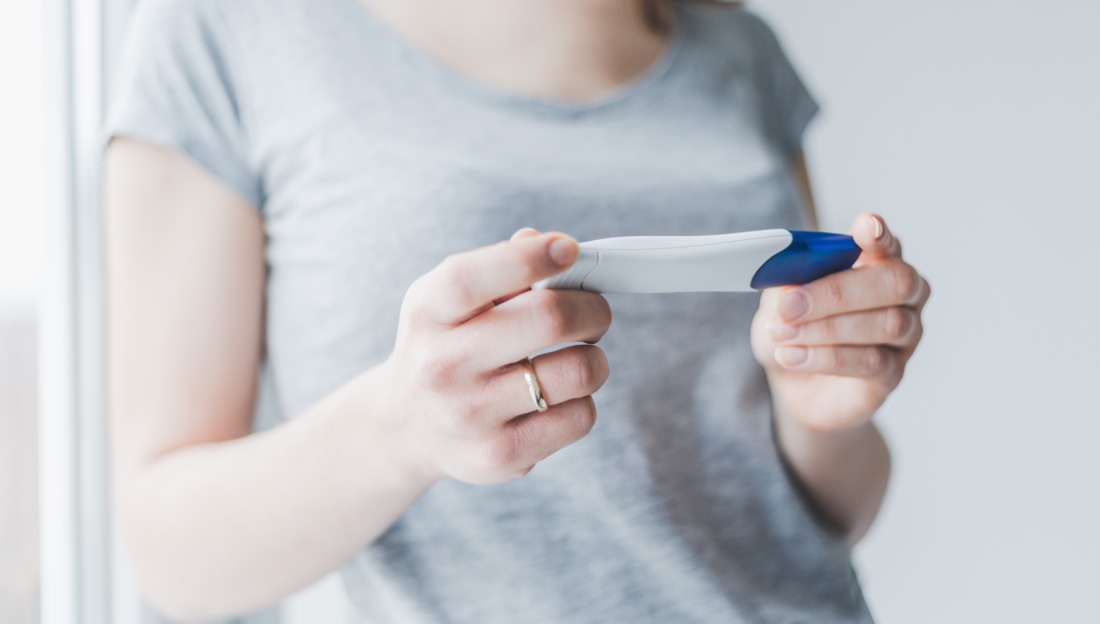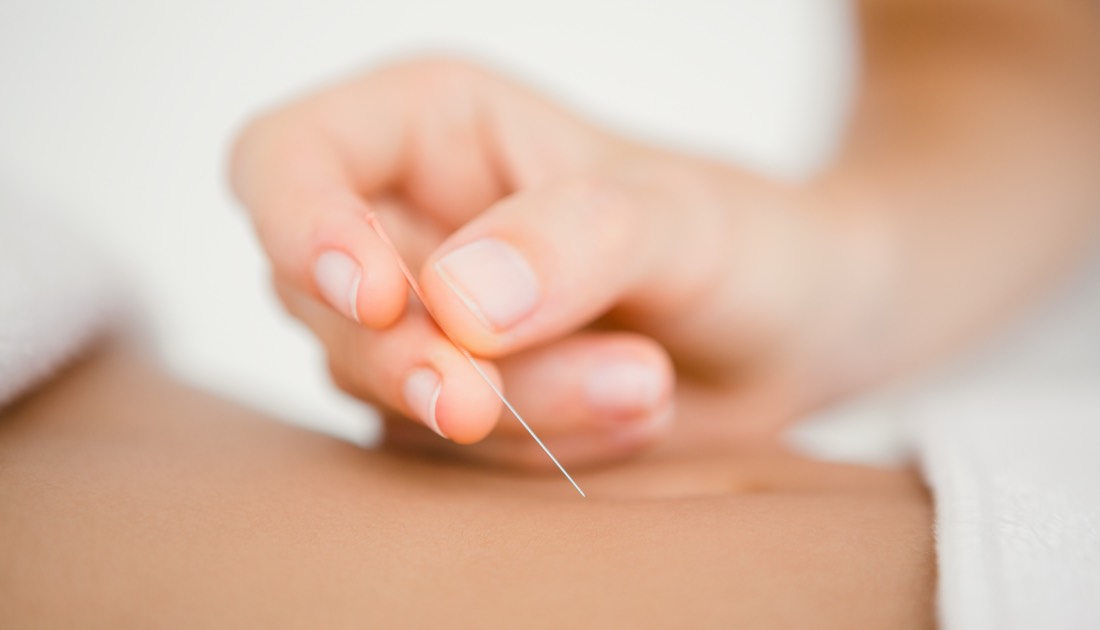A natural path to fertility
What can you do before seeking medical treatment at Fertility Specialists of WA?
It can be a frustrating time when you have trouble falling pregnant. The disappointment of not conceiving can feel overwhelming. Luckily, there are many options to explore before consulting a fertility specialist.
Review your lifestyle
Quit smoking and substance use
Taking recreational drugs, smoking, and drinking alcohol are sure ways of significantly reducing your fertility. Make sure to avoid these substances when you try to conceive and when pregnant and breastfeeding.Improve your diet and exercise routine
Eating healthy and a moderate exercise routine improves your chances of getting pregnant. Having a healthy BMI is another important factor that greatly affects your fertility. Finally, keep your caffeine intake low, for example by grabbing a decaf coffee in place of your regular flat white.Avoid endocrine disruptors
Endocrine (or hormonal) disruptors are chemical compounds found all around us in our everyday life. Examples include phthalates and BPA’s in drinking bottles and plastic containers, or pesticides in foods. Swap your beauty products for organic alternatives, use non-plastic food and drink containers, and eat organic fruit and veggies.Dr Rose McDonnell: What can I do to enhance my fertility?
Consider the big picture
As you age, your natural fertility decreases. For this reason, your age must be considered as well.
Finally, underlying medical conditions can make it harder to conceive. Conditions that can cause fertility problems include PCOS, diabetes, and thyroid issues.
"We know that experiencing fertility issues can be stressful, disappointing, and frustrating. However, working to reduce stress - even in this distressing situation - can actually increase your chance of falling pregnant. Therefore, your general health and well-being, including your mental health should be a priority"
Remember the role of the man
Infertility can affect men and women alike.
Problems falling pregnant can be related to reduced sperm count or sperm quality in men. This is largely affected by health and lifestyle.
When seeing your GP, he or she may also to a testicular test, checking for potentially cancerous lumps. These can not only reduce sperm quality but also require immediate treatment.
To assess your sperm health, your GP can also do a sperm test, which is then analysed in a general laboratory. If no significant results are found, our specialised fertility clinic can do a full fertility test. We asses your sperm antibodies, DNA damage, and more, which is not included in a general lab test.
"For this reason, it is important that the man makes the same lifestyle, health, and diet improvements as the woman. This includes quitting smoking, exercising, and eating healthy. Additionally, you should avoid taking testosterone and finasteride; that’s a certain type of hair growth medication."
Talk to your GP
When you are having problems falling pregnant we recommend talking to your GP. He or she can help you find out if there are any underlying causes of your trouble.
Your GP will check your health and discuss your options with you. For example:
Prenatal vitamins
Your GP will make sure that you are taking prenatal vitamins, including folic acid. This may improve your fertility and could improve the health of your baby should you fall pregnant.Pap smear
A pap smear can help detect if you have cervical abnormalities such as STIs or cancerous cells. These conditions may negatively affect your fertility, and will, in any case, need treatment.Your hormones
Your GP can test your hormone levels. Tests include a FSH and oestradiol test and a progesterone test on the 21st day of your cycle. Another option is an AMH test that checks your ovarian reserves. This helps to indicate the number of follicles (egg sacs) in your ovaries.Gum disease
Research from our medical director, Professor Roger Hart, and the University of WA shows that gum disease can affect fertility and increase your risk of miscarriage.
Breast check
Rubella vaccination
Having the rubella vaccination doesn’t affect your fertility. However, immunising yourself reduces the risk of fetal death or defects if you fall pregnant.Can acupuncture help you fall pregnant?
We acknowledge acupuncture as an option for treating infertility. We know it can help reduce stress, and some patients find it very helpful.
Can naturopathy help you fall pregnant?
We don’t oppose you seeing a naturopath specialising in fertility - just let us know. Your honesty with our fertility specialists will ensure the best outcome for you.
It is important you do not use herbs and tonics in conjunction with fertility treatment drugs.
The fertility drugs may cross-react with natural remedies. These can also throw off your progesterone hormone balance and the lining of your uterus, making it harder to conceive.
What else can you do?
Track your menstrual cycle
It’s important you track your menstrual cycle so you know when you are ovulating. Some women can feel when they are ovulating. If you can’t, you can use an ovulation tracking kit to get started.
In our clinic, we can track when you ovulate more precisely. We measure your estrogen levels and check the lining of your uterus and your ovaries via ultrasound. That’s how we see when a follicle is developing. This can help you find the right timing for intercourse. One week later, we do a blood test to confirm that the ovulation did, in fact, happen.
Consider when to have intercourse
Once you have figured out when you are ovulating, you need to time intercourse accordingly. We recommend 3-4 days in a row when you ovulate. If you are unsure about your ovulation date, you should try at least every other night 4-5 days before and 4-5 days after ovulation. This can further improve your chances of falling pregnant.
It is important to note that the man should have ejaculated 2-5 days before trying to conceive. That’s because the motility in the sperm decreases when there hasn’t been an ejaculate for a while.
What’s next?
Dr Mike Aitken: The role of natural therapies in fertility treatment.
If you still have not conceived after working to improve your natural fertility, talk to your GP again. Your GP can refer you to a fertility specialist.
Our expert team at Fertility Specialists of WA is here to help you and a potential partner to start or grow your family.
Useful links
Fertility tests
It can be frustrating not knowing why your attempts to fall pregnant are unsuccessful. However, there are many tests that can help us understand what the underlying causes may be.
Male infertility
About us
Your fertility issues are individual, so your treatment should be individual too. At our clinics in Perth - located in Claremont and Applecross - you can learn about the best treatment options for you and your partner.

















